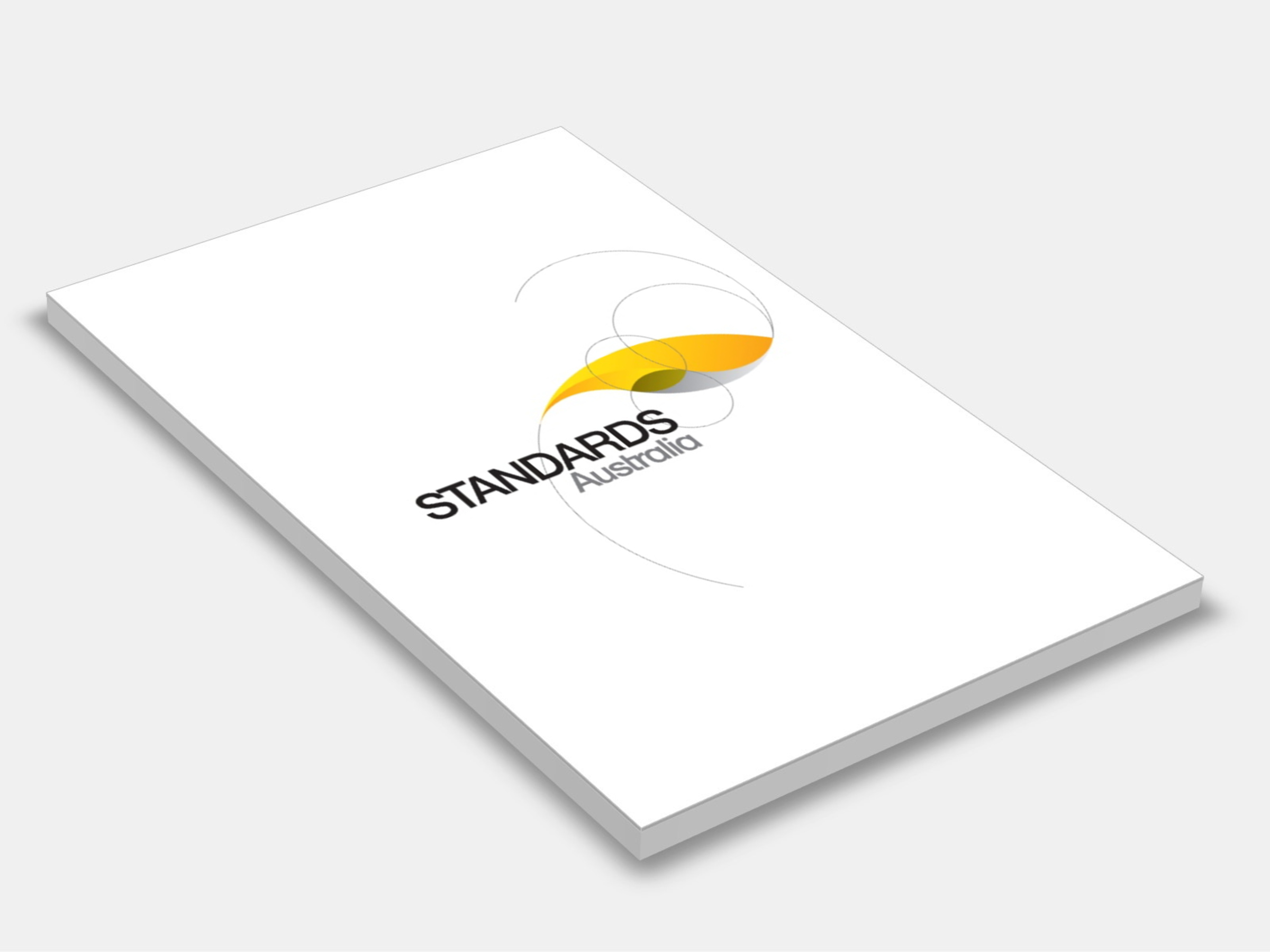
Type
Publisher
Standards Australia/Standards New Zealand
Publisher
Standards Australia/Standards New Zealand
Version:
Second Edition 2020.
(Current)
Short Description
Specifies device specifications, functionality, testing and compliance requirements for electrical safety and performance for inverters designed to facilitate connectivity between energy sources and/or energy storage systems and the grid, connected at low voltage. Includes electric vehicles operating in a vehicle to grid mode and stand-alone inverters that are connected to an electrical installation that may be connected to the grid at low voltage. KEYWORDS: inverter, energy storage, grid connection
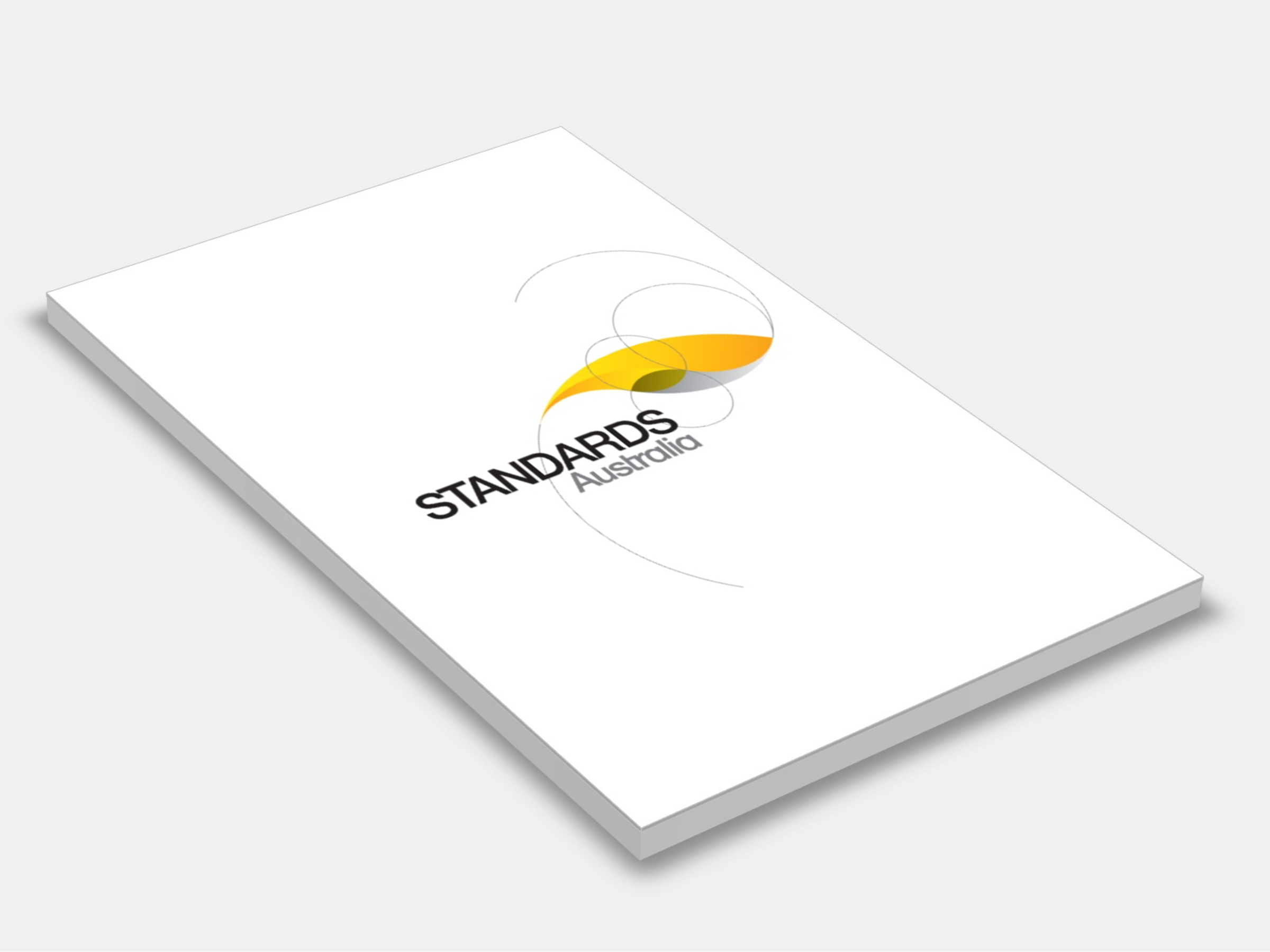
Type
Publisher
Standards Australia/Standards New Zealand
Publisher
Standards Australia/Standards New Zealand
Version:
Second Edition 2005.
(Pending Revision)
Short Description
Serves as a general introduction to the AS/NZS 1158 series and provides definitions of lighting categories and technical terms essential to the understanding of other Standards in the series especially AS/NZS 1158.1.1, 1158.2, 1158.3.1 and 1158.6.
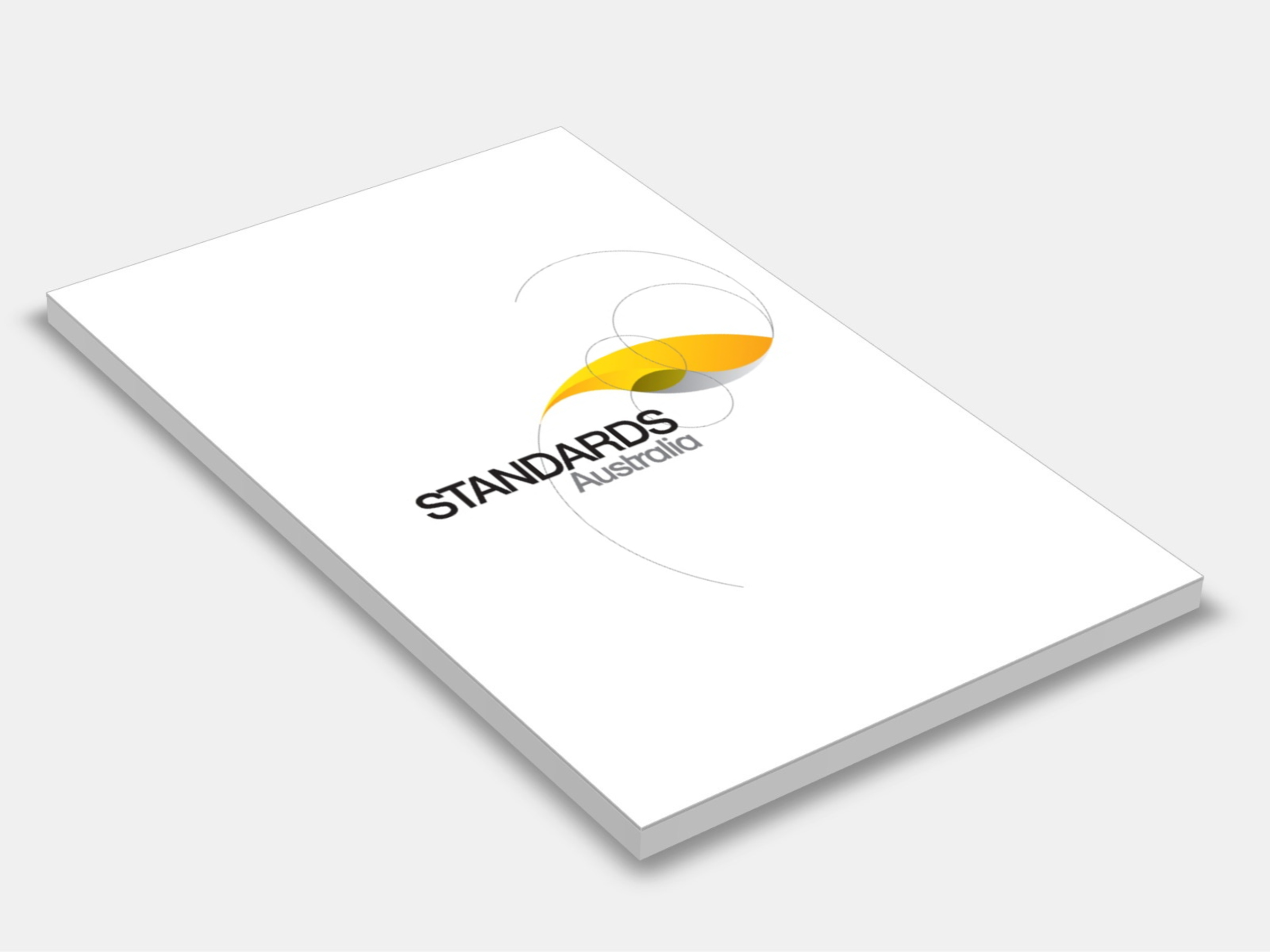
Type
Publisher
Standards Australia/Standards New Zealand
Publisher
Standards Australia/Standards New Zealand
Version:
Third Edition 2020.
(Current)
Short Description
AS NZS 1158.3.1 2020 specifies performance and design requirements for Category P lighting schemes as described in AS/NZS 1158.0. It also specifies the luminaire data and other data that is needed to facilitate the lighting design and the assessment of conformance to the requirements of this Standard. Street lighting design standard.
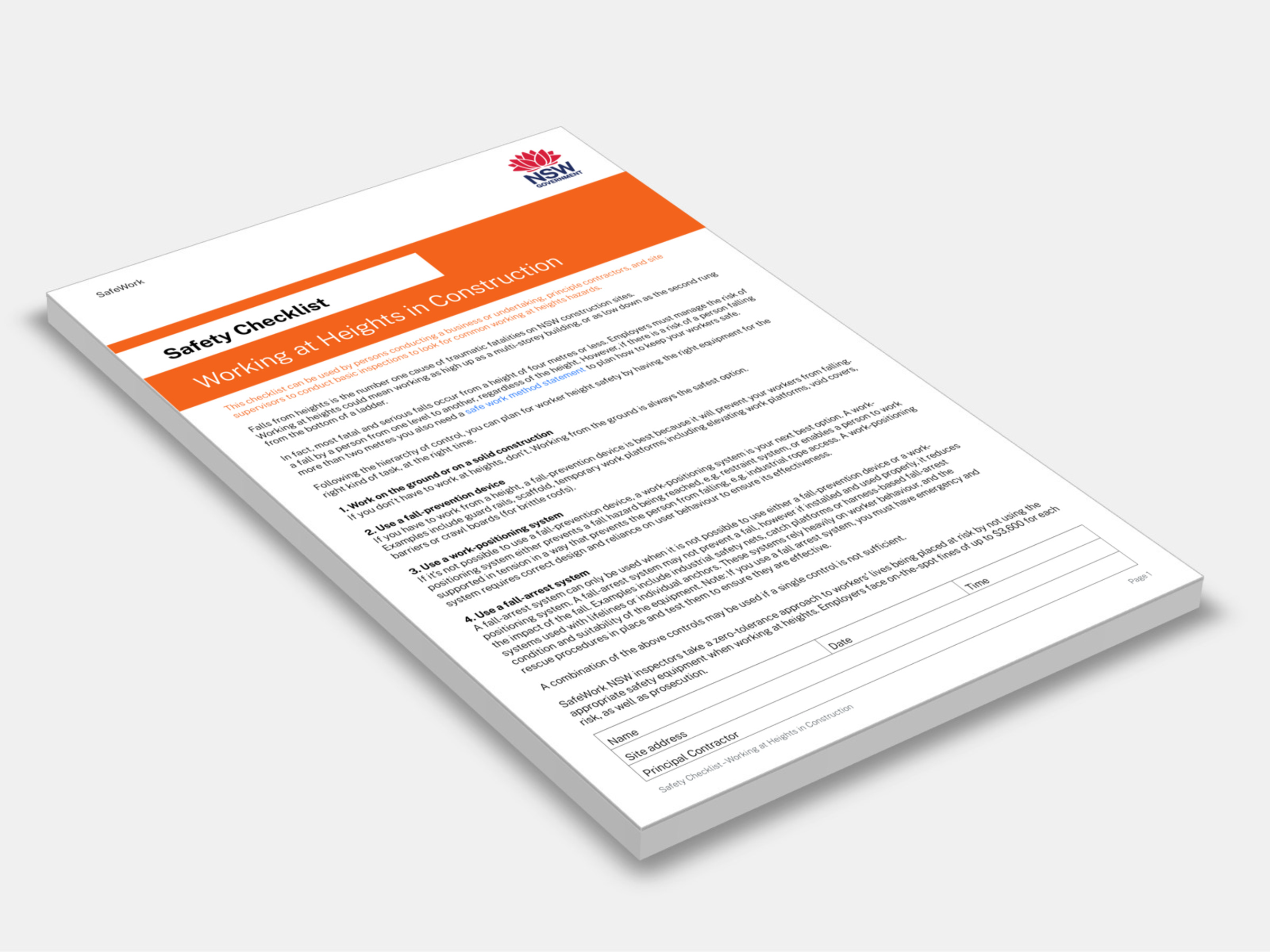
Type
Publisher
SafeWork NSW
Publisher
SafeWork NSW
Version:
2023.
(Current)
Short Description
This checklist can be used by persons conducting a business or undertaking, principle contractors, and site supervisors to conduct basic inspections to look for common working at heights hazards.
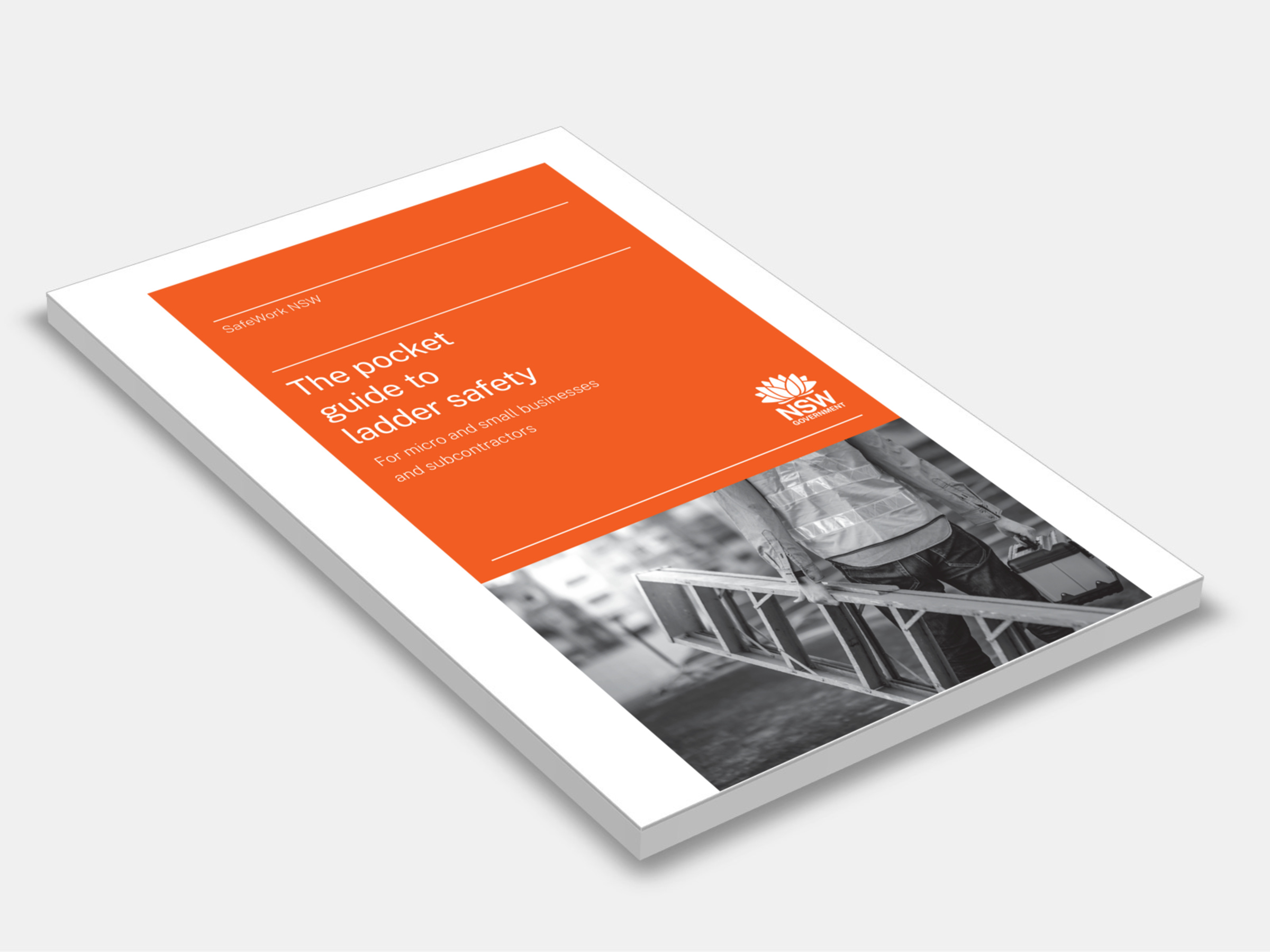
Type
Publisher
SafeWork NSW
Publisher
SafeWork NSW
Version:
2023.
(Current)
Short Description
This guide provides useful information for common health and safety issues relating to the use of ladders relevant to New South Wales WHS laws.
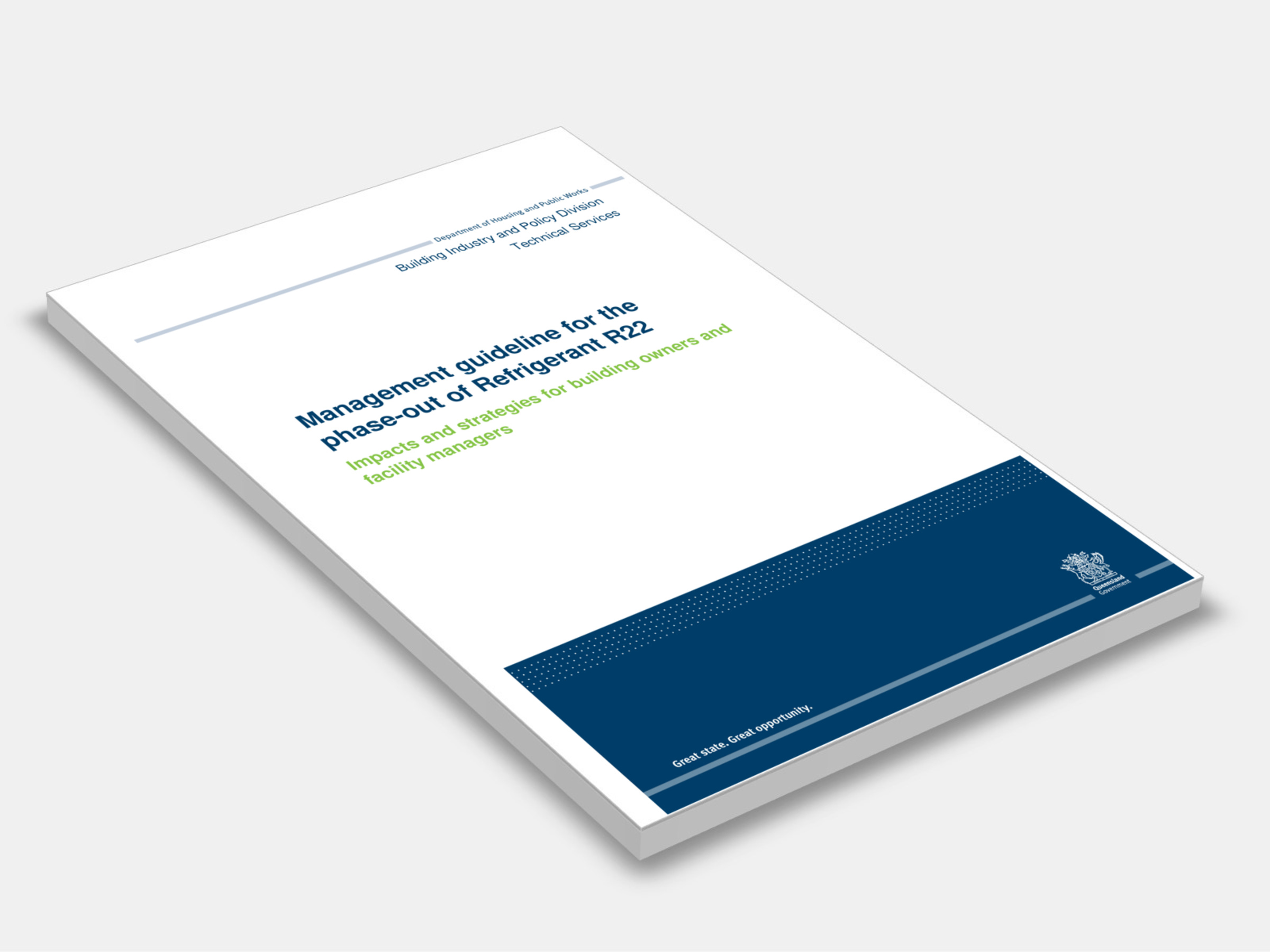
Type
Publisher
Queensland Government
Publisher
Queensland Government
Version:
2015.
(Current)
Short Description
This guideline aims to provide advice to building owners and facility managers of the issues associated with the continued use of refrigerant R22 in air conditioning and refrigeration systems, and to encourage the development of strategies for the planned management, recovery, reclamation or safe destruction of this ozone depleting substance.
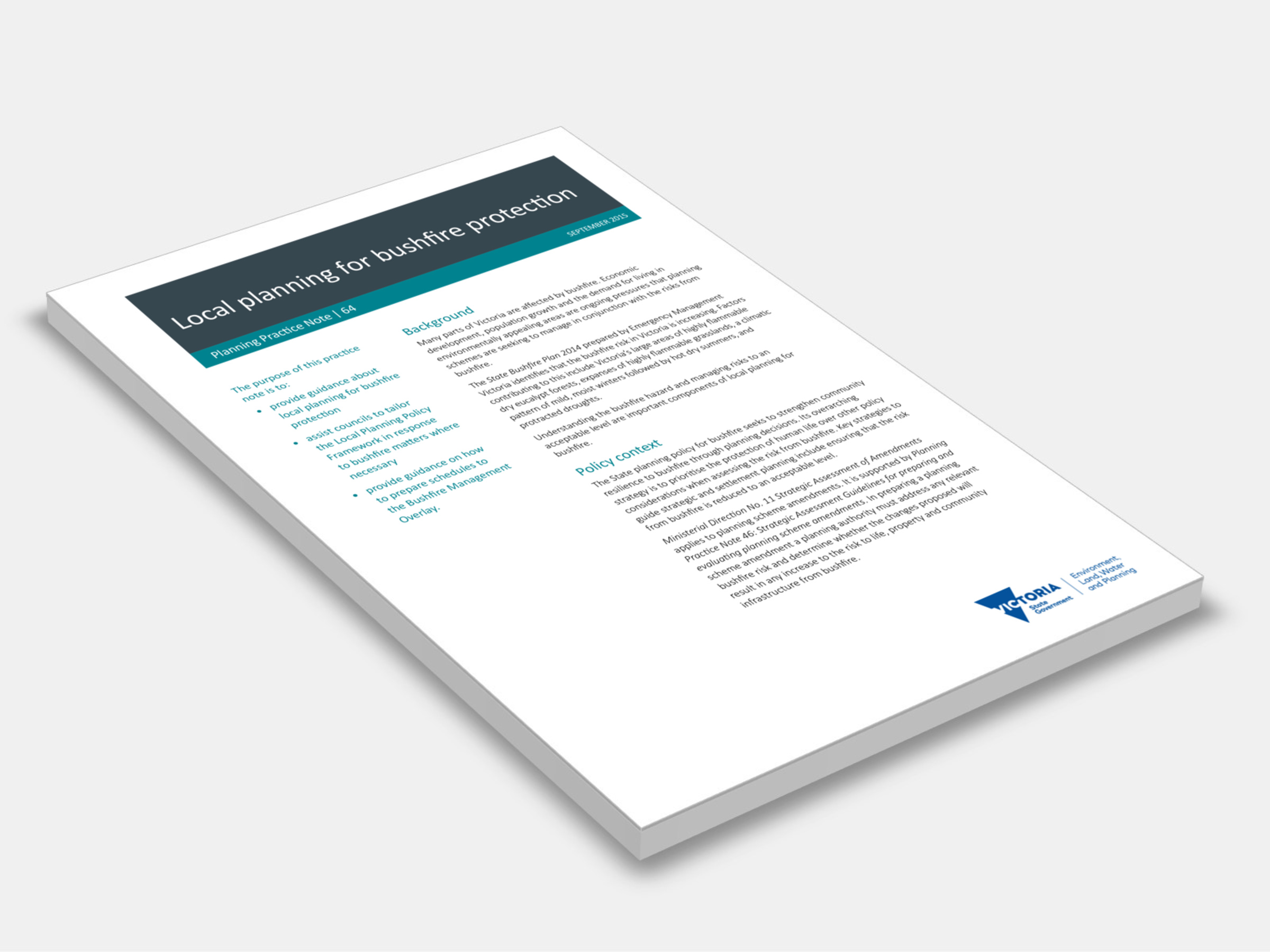
Type
Publisher
Victorian Government
Publisher
Victorian Government
Version:
2015.
(Current)
Short Description
The purpose of this practice note is to provide guidance about local planning for bushfire protection; assist councils to tailor the Local Planning Policy Framework in response to bushfire matters where necessary; provide guidance on how to prepare schedules to the Bushfire Management Overlay.
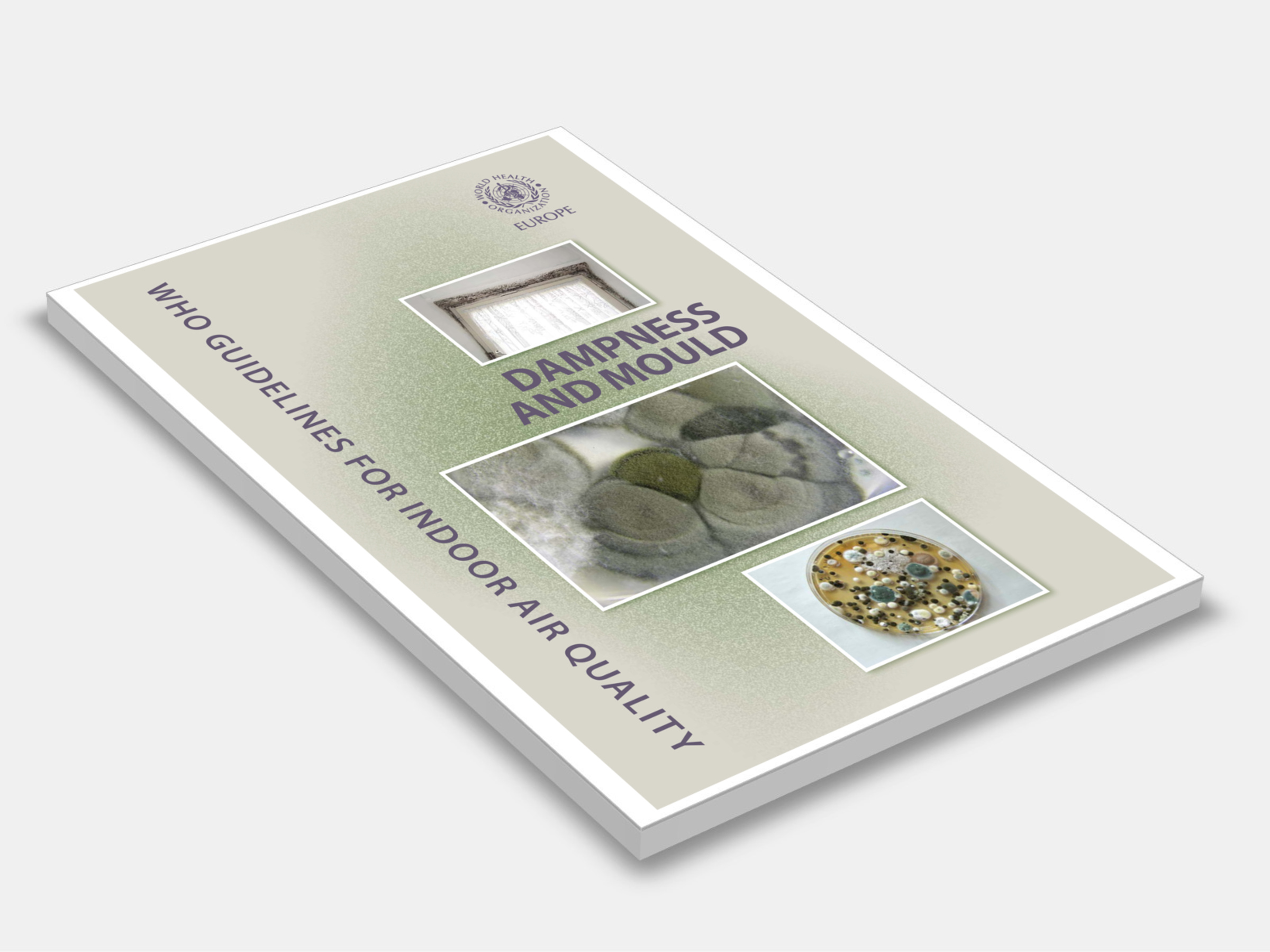
Type
Publisher
World Health Organization
Publisher
World Health Organization
Version:
2009.
(Current)
Short Description
This document provides a comprehensive review of the scientific evidence on health problems associated with building moisture and biological agents.
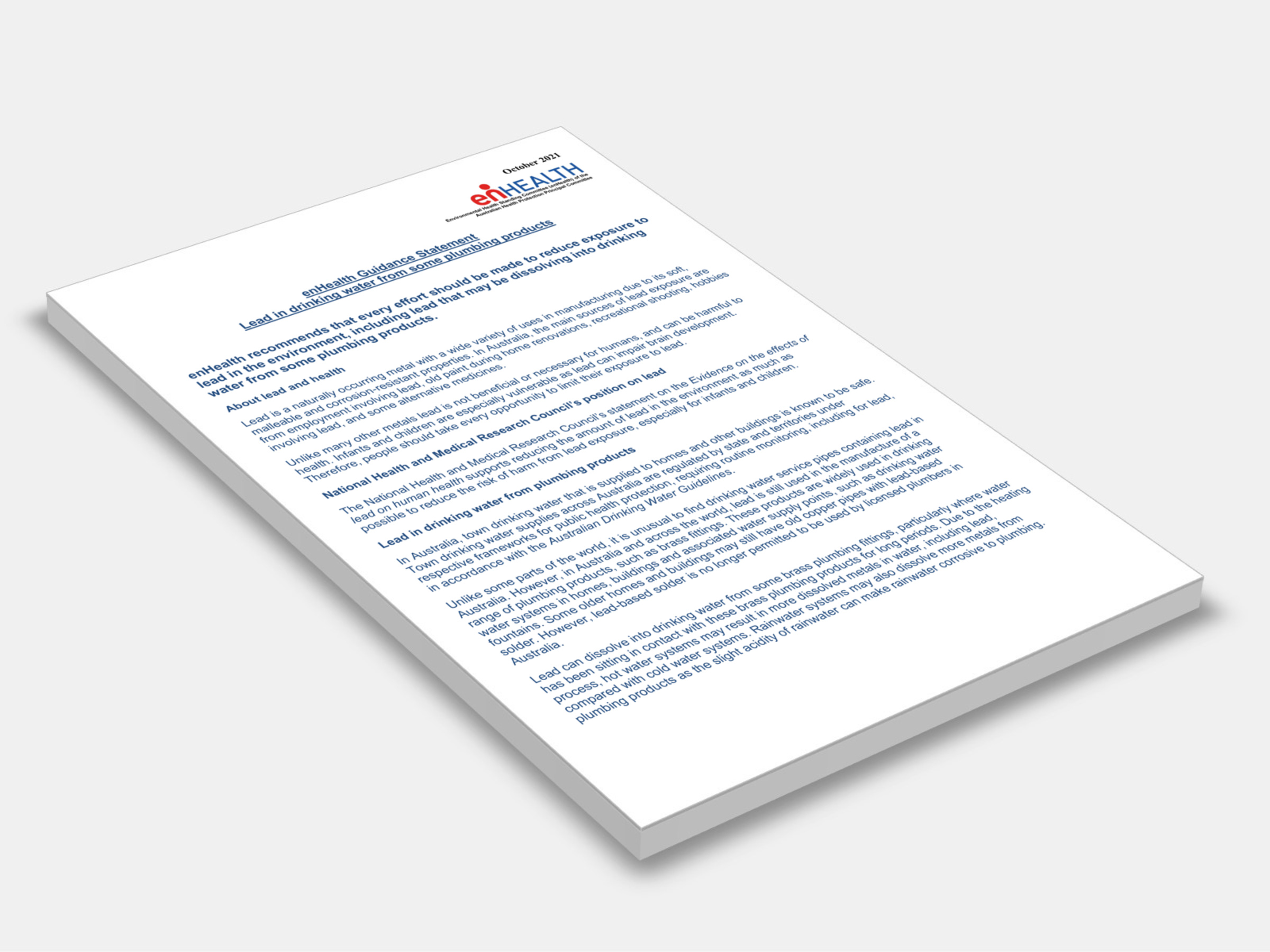
Type
Publisher
Environmental Health Standing Committee (enHealth) of the Australian Health Protection Principal Committee
Publisher
Environmental Health Standing Committee (enHealth) of the Australian Health Protection Principal Committee
Version:
2021.
(Current)
Short Description
enHealth recommends that every effort should be made to reduce exposure to lead in the environment, including lead that may be dissolving into drinking water from some plumbing products.
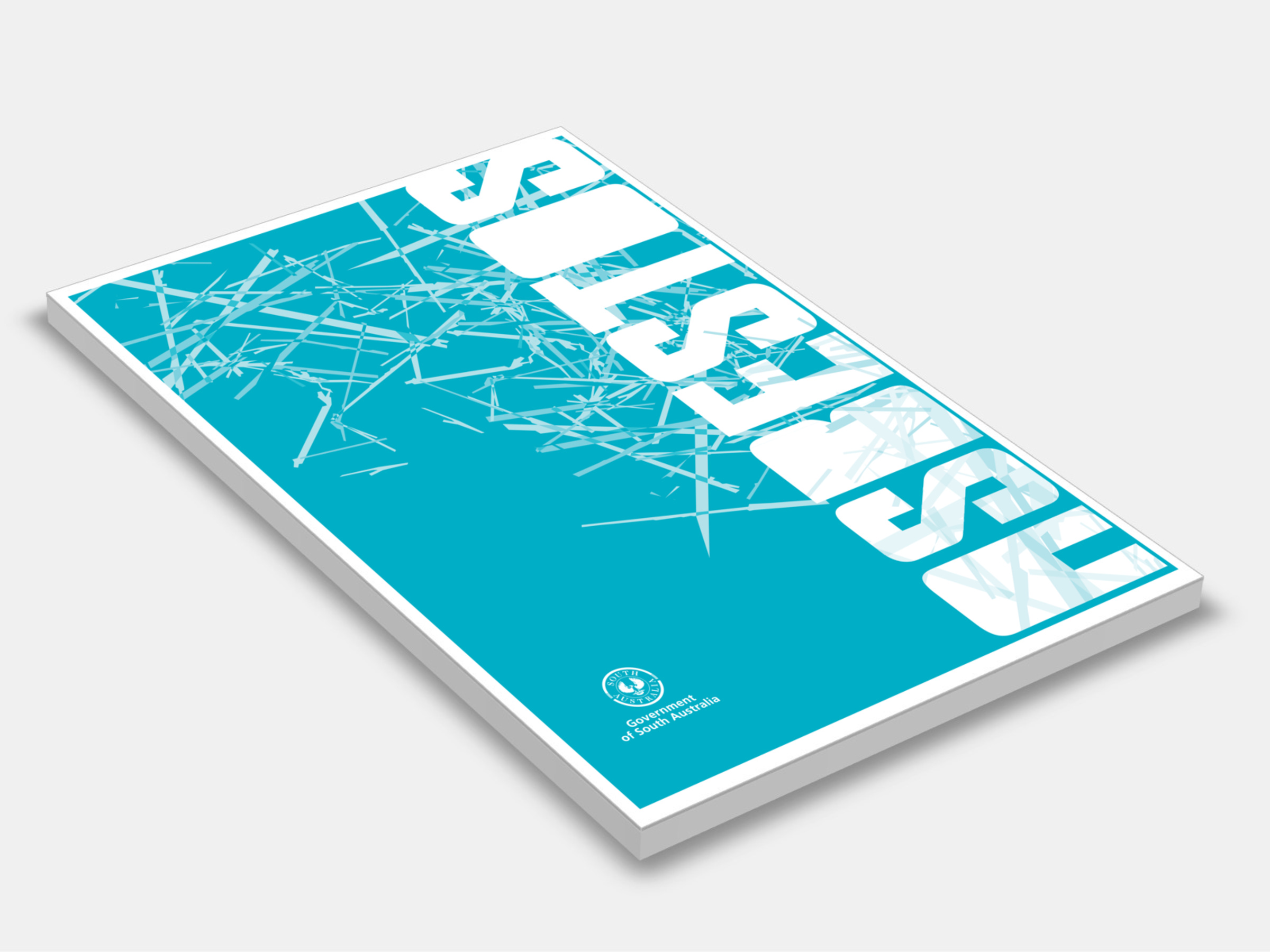
Type
Name
Name
Publisher
South Australian Government
Publisher
South Australian Government
Version:
2014.
(Current)
Short Description
The Work Health and Safety Act 2012 (SA) requires all persons conducting a business or undertaking to ensure, so far as is reasonably practicable, that workers and other persons are not put at risk from work carried out as part of the business or undertaking; this includes asbestos removal work, asbestos-related work and the risk of exposure to airborne asbestos.